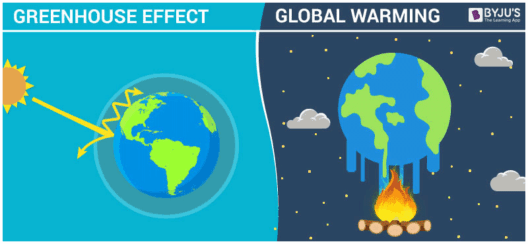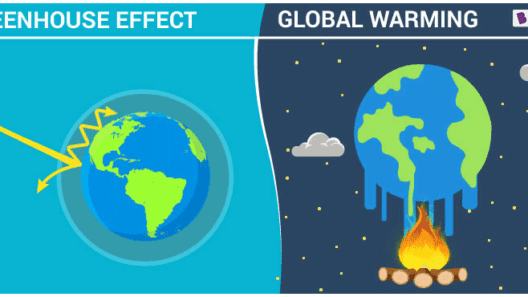As global temperatures continue to escalate, the question looms larger: are politicians truly doing enough to combat global warming? Despite the vocal demands from the public for robust climate solutions, tangible action from those in power often falls short. This discourse will examine the various dimensions of political engagement regarding climate change, the myriad of challenges faced, and the potential pathways forward.
To begin with, it is essential to understand the current political climate surrounding climate action. In many regions, particularly in industrialized countries, there exists a dichotomy between public sentiment and political will. Polls consistently reveal that a significant portion of the population acknowledges the urgency of climate change and desires effective solutions. Yet, when representatives are put to the test, the policies proposed frequently lack the ambition and scope necessary to make a substantial impact.
Political platforms often reflect a fragmented approach to climate governance. Some politicians advocate for sweeping reforms, such as transitioning to renewable energy, while others prioritize economic growth over environmental protection. The present-day discourse is riddled with contradictions. On one hand, commitments to reduce carbon emissions by ambitious percentages can be found in campaign speeches. Conversely, these promises sometimes falter when faced with lobbying from fossil fuel industries and the complexities of economic realities.
Accountability is a crucial aspect that remains elusive. In democratic systems, elected officials are supposed to represent their constituents’ interests. However, the intersection of climate policy and corporate lobbying complicates this dynamic. The influence of fossil fuel conglomerates, as well as other industries with substantial carbon footprints, often skews political priorities. Many politicians are reluctant to push for stringent regulations due to fears of job losses or economic downturns, thus perpetuating a cycle of dependency on non-renewable resources.
A closely related issue is the influence of misinformation. The proliferation of misleading narratives surrounding climate science undermines public understanding and complicates political action. Politicians who emerge as climate advocates can be met with backlash fueled by those who deny climate change or spread doubt about its human causation. As formidable as the scientific consensus is, it often gets overshadowed in political forums, where sensationalism and short-term thinking prevail.
The adequacy of international agreements also cannot be overlooked. Treaties such as the Paris Agreement symbolize collective acknowledgement of the climate crisis. However, many nations face challenges in meeting their commitments due to a lack of political resolve or the requisite implementation mechanisms. Without binding obligations and enforcement structures, pledges may amount to little more than empty promises. Consequently, this raises questions about the efficacy of existing frameworks in facilitating meaningful change.
In light of these challenges, one potential avenue for more effective political action lies in grassroots movements. Citizens, scientists, and activists play an increasingly pivotal role in compelling politicians to prioritize climate issues. The rise of youth-led movements, such as Fridays for Future, demonstrates a burgeoning demand for accountability. These movements engage in acts of civil disobedience, raise awareness, and call upon politicians to act with urgency. Such social pressure often transforms the political landscape, propelling climate agendas to the forefront of public discourse.
Additionally, technology and innovation present promising opportunities for legislators to combat climate change. The emergence of clean energy solutions, carbon capture technologies, and electric mobility creates a suite of options that can aid in reducing emissions. Encouraging investment in research and development can also result in breakthroughs that elevate the effectiveness of climate action. Politicians who spearhead initiatives that prioritize these advancements may garner greater public support and galvanize collective action.
Transitioning to a sustainable future requires not only innovative technologies but also comprehensive educational initiatives. Politicians could prioritize campaigns that inform the public about the implications of climate change, equipping citizens with the tools to make informed decisions. By fostering a culture of environmental stewardship, the populace can exert pressure on their representatives, ensuring that climate action remains an enduring mandate.
Moreover, the political debate must evolve to incorporate ethical considerations surrounding climate justice. Developing nations often bear the brunt of climate change impacts, despite contributing the least to the problem. Wealthier nations have a moral obligation to assist those nations, both through financial support and capacity building. Politicians who address these disparities are more likely to rally broader backing for their initiatives, thus underpinning their legitimacy and effectiveness.
Ultimately, while there are glimmers of progress in the political arena, much remains to be done. The persistent disconnect between public sentiment and political action underscores a systemic reluctance to confront the climate emergency with the necessary gravitas. To truly tackle global warming, a multifaceted approach must be adopted—one that encompasses robust legislative action, societal engagement, technological advancements, and an unwavering commitment to climate justice.
As the climate crisis continues to escalate, the imperative for decisive political action becomes increasingly urgent. The question is not merely whether politicians are doing enough, but rather, how can they be compelled to amplify their efforts in a manner commensurate with the challenge before us? The stakes could not be higher; our planet, and future generations, are counting on effective and resolute leadership to navigate this unfolding crisis.







